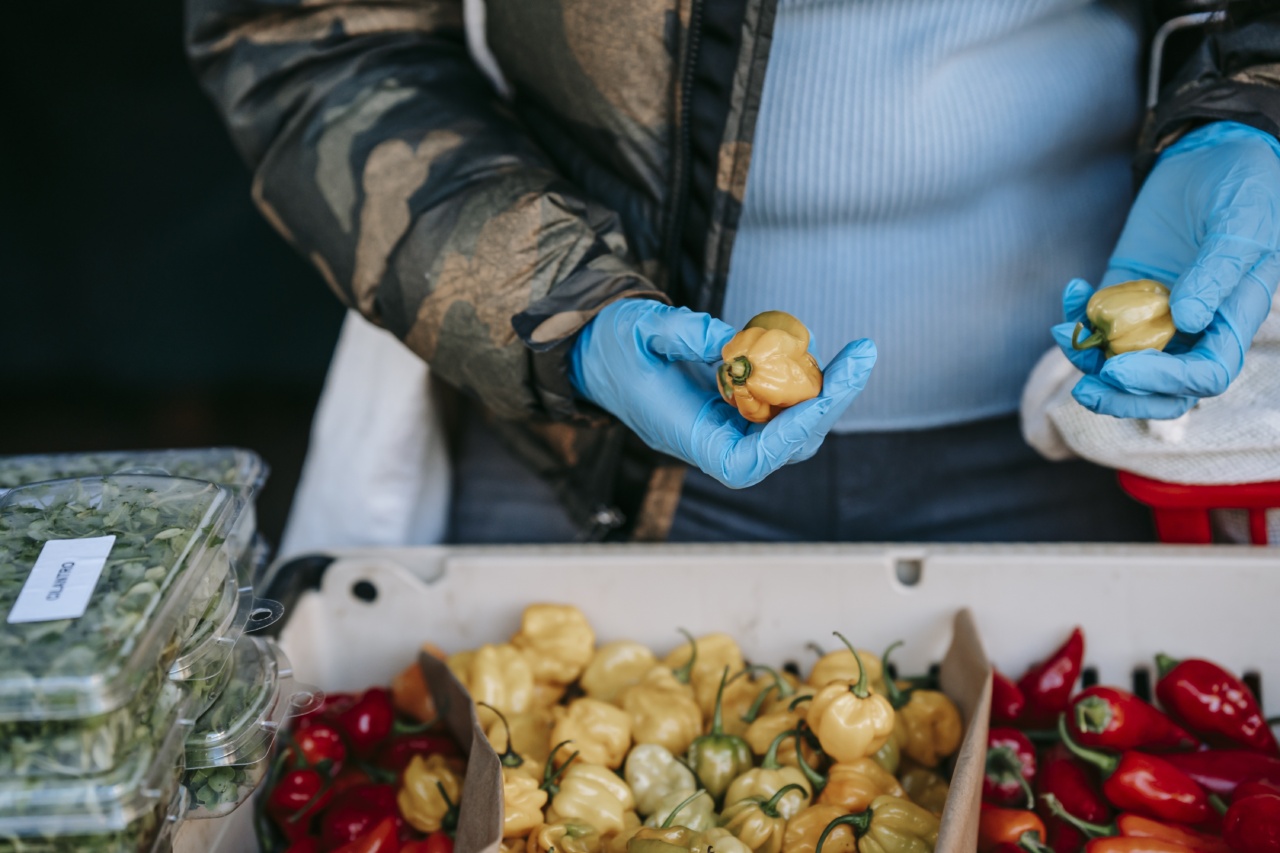Bowel cancer, also known as colorectal cancer, is one of the most common types of cancer worldwide. It affects the lower part of the digestive system, including the colon and rectum.
While various factors contribute to the development of bowel cancer, including genetics and age, research suggests that certain dietary choices can significantly reduce the risk of developing this devastating disease.
1. Fiber-rich Foods
Fiber plays a crucial role in maintaining bowel health and preventing cancer. Consuming foods such as whole grains, fruits, vegetables, legumes, and nuts can enhance the regularity of bowel movements and cleanse the colon.
A diet high in fiber helps reduce the time stool spends in the colon, minimizing contact between waste and the intestinal walls, and consequently lowering the risk of bowel cancer.
2. Cruciferous Vegetables
Cruciferous vegetables, including broccoli, cauliflower, Brussels sprouts, and kale, are packed with cancer-fighting compounds.
These vegetables contain glucosinolates, which are sulfur-containing compounds that can neutralize carcinogens and protect the cells lining the colon. Regular consumption of cruciferous vegetables has been associated with a significant reduction in bowel cancer risk.
3. Berries
Berries are a great source of antioxidants, which have been shown to reduce the risk of various types of cancers, including bowel cancer.
The high concentration of polyphenols in berries, such as anthocyanins and ellagic acid, can help prevent the growth of cancer cells and suppress inflammation in the colon. Incorporating berries, such as strawberries, blueberries, and raspberries, into your diet can provide substantial protection against bowel cancer.
4. Garlic and Onions
Garlic and onions belong to the allium vegetable family and are renowned for their potent medicinal properties. They contain organosulfur compounds, including allyl sulfides, that have been linked to a reduced risk of bowel cancer.
These compounds help inhibit the growth of cancer cells and induce apoptosis (programmed cell death) in colon cancer cells. Adding garlic and onions to your meals can be a delicious way to lower your bowel cancer risk.
5. Turmeric
Turmeric, a spice commonly used in curry dishes, contains a powerful compound called curcumin. Curcumin has demonstrated anti-inflammatory, antioxidant, and anticancer properties, making it a promising agent in the prevention of bowel cancer.
Studies have shown that curcumin can suppress the growth and spread of colon cancer cells and induce cancer cell death. Adding turmeric to your meals or using it as a supplement may contribute to a significantly reduced bowel cancer risk.
6. Green Tea
Green tea has long been praised for its numerous health benefits, one of which is its potential to reduce the risk of bowel cancer. The polyphenols in green tea, particularly epigallocatechin-3-gallate (EGCG), possess powerful anticancer properties.
These compounds can inhibit tumor growth and invasion, as well as promote programmed cell death in colon cancer cells. Enjoying a cup of green tea daily can be a beneficial habit for lowering your bowel cancer risk.
7. Olive Oil
Olive oil, a staple in the Mediterranean diet, is known for its heart-healthy properties. However, recent research suggests that it may also play a role in preventing bowel cancer.
The high levels of monounsaturated fats and antioxidants in olive oil contribute to its protective effects against cancer. Incorporating olive oil into your cooking and salad dressings can be an excellent way to reduce your bowel cancer risk and promote overall health.
8. Fish and Omega-3 Fatty Acids
Evidence suggests that consuming fish rich in omega-3 fatty acids, such as salmon, mackerel, and sardines, can help lower the risk of bowel cancer.
Omega-3 fatty acids possess anti-inflammatory properties that can suppress the growth of cancer cells and inhibit the formation of tumors in the colon. Including fish in your diet at least twice a week can provide you with the necessary omega-3 fatty acids and contribute to reducing your bowel cancer risk.
9. Tomatoes
Tomatoes are an excellent source of lycopene, a powerful antioxidant responsible for their vibrant red color. Research has indicated that lycopene may help protect against various cancers, including bowel cancer.
Lycopene can inhibit the growth of cancer cells and induce their death, as well as block the formation of new blood vessels that supply tumors. Incorporating tomatoes or tomato-based products into your meals regularly can be an effective strategy in reducing your bowel cancer risk.
10. Dark Chocolate
Dark chocolate, when consumed in moderation, can offer numerous health benefits, one of which includes reducing the risk of bowel cancer. The high cocoa content in dark chocolate provides a rich source of antioxidant compounds, such as flavonoids.
Flavonoids have been shown to inhibit cancer cell growth and reduce inflammation in the colon. Choosing dark chocolate with at least 70% cocoa content can be a delightful way to lower your bowel cancer risk.
Conclusion
While no single food can guarantee protection against bowel cancer, incorporating a variety of cancer-fighting foods into your diet can significantly lower your risk.
Foods such as fiber-rich foods, cruciferous vegetables, berries, garlic, turmeric, green tea, olive oil, fish, tomatoes, and dark chocolate all possess unique properties that can help prevent the development of this type of cancer. By making informed dietary choices, you can take proactive steps towards reducing your bowel cancer risk and promoting overall health.





























